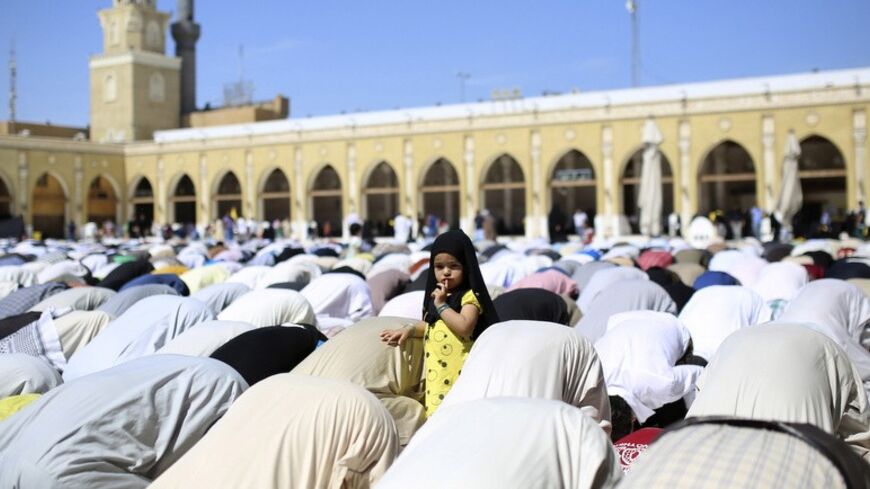Sheikh Ali Najafi, the son of Shiite cleric Bashir al-Najafi, announced May 19 on his Facebook page that police and intelligence forces were raiding the houses and schools of international students, mainly Pakistanis, and dragging scores of them to Iraqi police stations. This incident coincided with the announcement of the results of the Iraqi parliamentary elections held at the end of last month. Shortly before the elections, Sheikh Bashir criticized the government of Nouri al-Maliki, accusing it of using money and power to buy votes. He also called on the people not to vote for Maliki’s electoral list.
At the time, the government remained silent as to the stance of Najafi. It seemed that it was waiting for the right opportunity to respond, to prohibit him from making statements and taking stands against the government. The opportunity came after the results of the elections were announced, when Maliki’s list won 92 seats, leaving his rivals, the Citizen Coalition and the al-Ahrar Bloc respectively with 29 and 28 seats.



